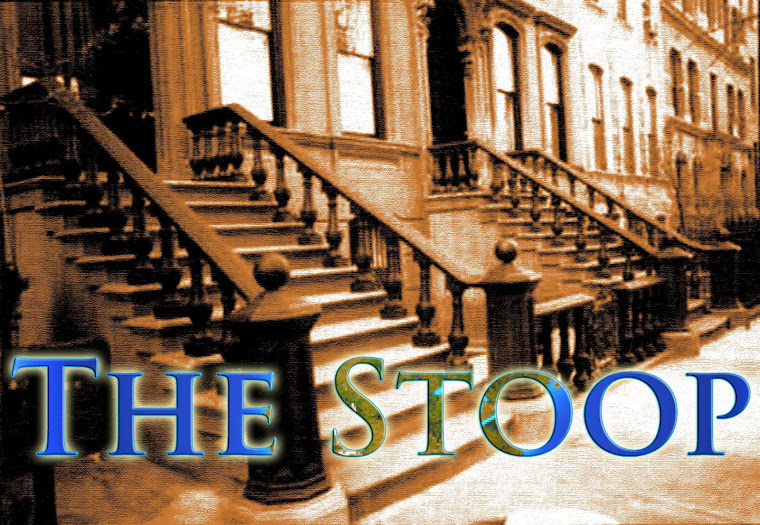by Judi Perkins
The market is down, foreclosures are up, your bank account is emptying, and you’re becoming increasingly desperate. With fewer companies hiring and more people competing for the same spots, your future doesn’t look too rosy. But if that’s true, why are people still getting hired? How come they are…..and you aren’t?
It has nothing to do with what you did or didn’t do in your last job. It has nothing to do with why you left – even if you got fired. And it doesn’t hinge upon your age, either.
But it does take doing things a bit differently than you’ve probably been doing them, and these techniques work even better in a market where job seekers – instead of employers - have the edge. This isn’t the time to be passive. You need to step outside your comfort zone and be assertive about the process. And “good enough” doesn’t cut it.
Most likely you’ve been sitting at the computer, trolling the job boards and submitting your resume to anything that looks good. “I can do that,” you say. But the question is, “Does the company think you can do that?” If you don’t have at least 80% of what the ad says the company wants, don’t bother applying, because it will up your rejection rate. Rejection increases dejection which increases pessimism which increases rejection which…… Not a productive pattern.
Pro-active means following up with the company. This is a hotly contested point and I’m very firm on doing it. Contrary to popular belief it does not make you look desperate. Companies value people who are attentive to detail (that’s probably in your resume summary) and know how to communicate (that’s probably in there too). What better way to demonstrate those skills?
It also makes you stand out from the pack. Who wants to be a faceless name in a pile of resumes? Forge a relationship and attach your personality to the application. And yes, there’s a difference between polite, professional follow up and annoying persistence. The first is good. The second is not. Call about every other day. Don’t leave more than three messages. Don’t email. It’s creative avoidance. Pick up the phone, and smile when you talk.
Your resume. Are you a victim of one-page-itis? If you are, it’s invariably cramped with tiny print or missing relevant information. Or are there deserts of white space, hence it’s four pages long? Make use of those margins and bring it in a page or two. Do your bullets say what you did instead of how well you did it?
If your cover letter talks endlessly about your accomplishments (which are probably missing from your resume) then you haven’t told the company how they’ll benefit. You’ve let them figure it out. Does your letter regurgitate your resume? Is it generic? You should be using the words from the ad and providing examples that connect to what that ad says they want.
Are you networking? Finding groups that meet regularly? Do you have a personal business card with a few lines of your skills and what you want? Are you carrying around resumes? You also need a ten-second speech. It’s a pithy, informal, synopsis of the norm. Note the long sentence: “I’m in IT. I do a lot of project management. I just finished up with Buzbee Consulting who does IT projects for large retail companies, but I’ve done quite a bit of manufacturing projects too with very successful outcomes. Know anyone that needs my talents?”
Contacting companies cold works well. Although they may not be actively looking, companies are always in flux. You might be in the right place at the right time. Make sure you follow up on these letters. Read the business journals. New management frequently makes changes, and any new hire has created an opening somewhere. Access your reference librarian for directories.
If you want to work, you’ve got to work.
"God Bless the Dream, the Dreamer and the Result."
Wednesday, July 9, 2008
Job Hunting In A Down Market
Subscribe to:
Post Comments (Atom)












No comments:
Post a Comment